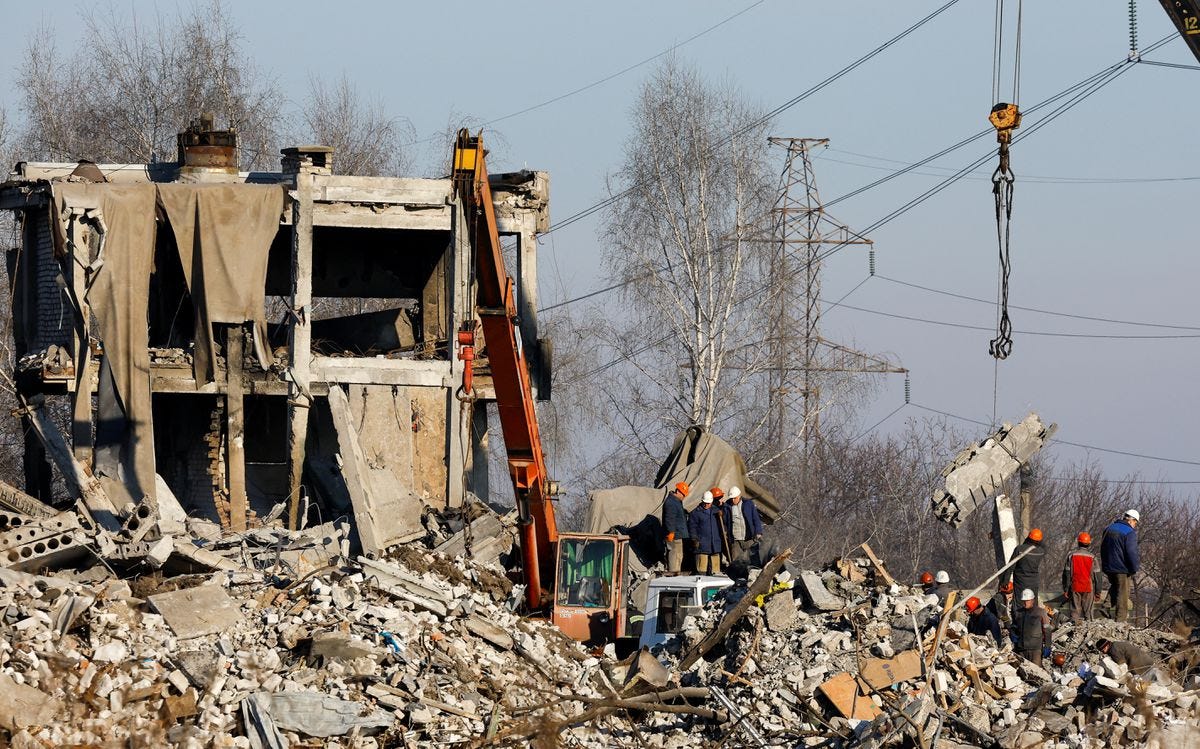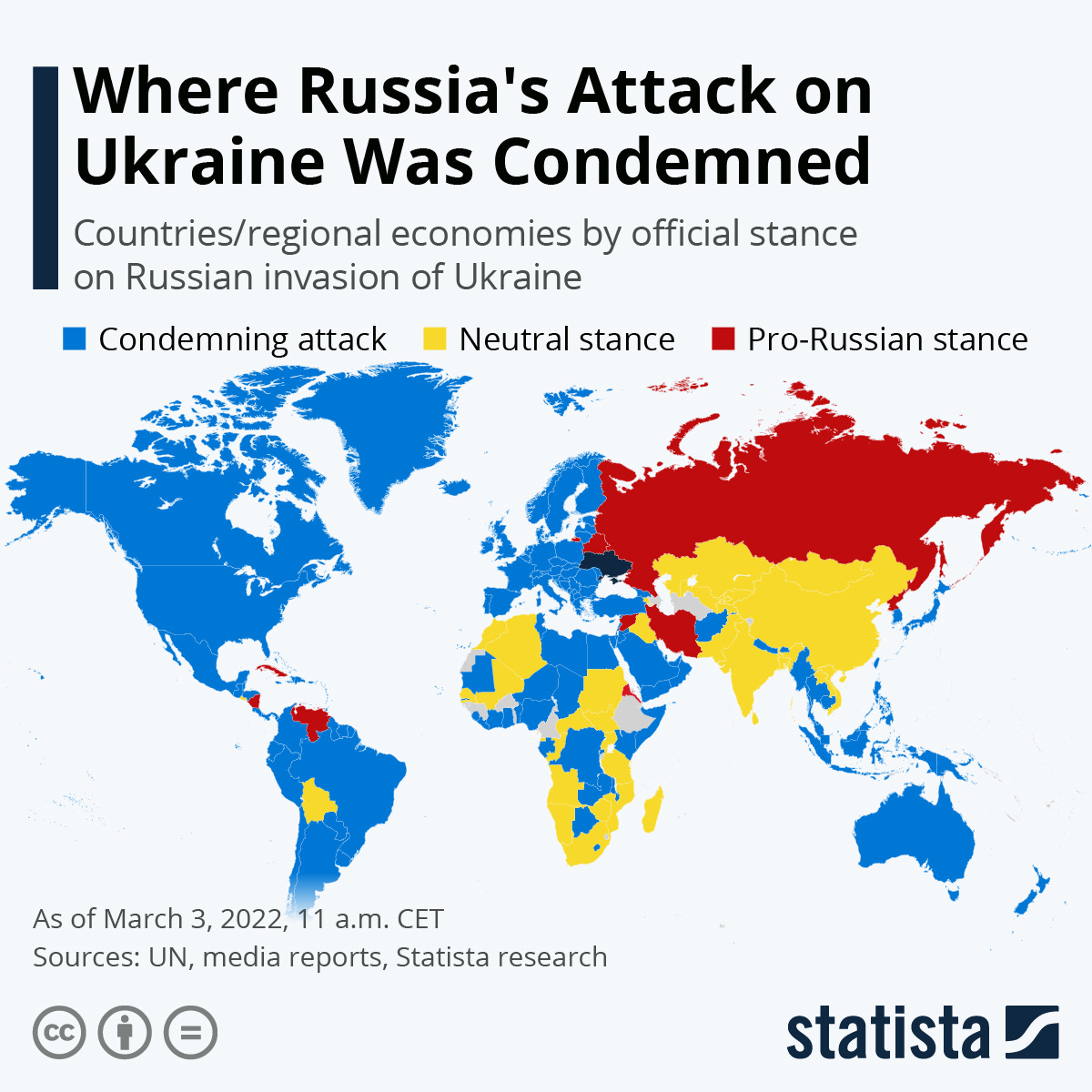To deny Putin popular support at home, we must lead with Narrative Warfare

Ukraine reported earlier today that their troops had achieved a strike on Russian troops in the East, killing approximately 400 troops. This is a significant event for a variety of reasons. Unlike Russian war crimes, intentionally targeting civilians, this strike is nothing more than part of warfare. Putin doesn’t care either way but will leverage media to generate support at home for the war. This is why the US and other Ukrainian allies, NATO especially needs to get ahead of the Russian narrative.
Ukrainian efforts to undermine Russian influence operations have been remarkably successful, but strategic communications by Ukraine’s allies must engage rapidly and decisively regarding the world outside of Ukraine. This is a role far better suited to external allies, who are less occupied with the actual warfightging.
There are several reasons why we must take the initiative:
First and foremost, whomever defines the narrative of what occurred first, wins. This has long been a significant weakness in western militaries dedicated to response with sterile press release instead of narratives that explain the meaning of the information in those press releases. Narrative, not just the rhetorical communications tool, is the critical element of influencing human behavior. Well-developed narratives work because they target how humans derive meaning from what occurs aorund them, based on their identity.
Secondly, Putin has failed miserably at home to generate any real popular support for his genocidal invasion of his sovereign neighbor, Ukraine. A devastating attack, so large that it cannot be ignored by the Russian press, could easily be turned into the narrative, Putin has so far failed to sell, an attack by the west against the Russian people and by extension, the “motherland.”
Contrary to popular belief, outside news does get into Russia, via a variety of sources and methods, mostly by Russians looking for truth. Putin also has, like Trump in the US, Bolsonaro in Brazil, Modi in India, etc. carefully cultivated a large, cult-like nationalist base. This base has also failed to effectively amplify Putin’s false narratives about the war. One highly emotional event, like this succesful military strike could offer Putin and his cultish, nationalist base an opportunity establish a foothold in the war of narratives.
In #Narrative Warfare, those who don’t understand narrative principles well or are not at least committed to active, robust campaigning will always lose. Losing popular support is unforgivable and dangerous.The how and why of losing at Narrative Warfare is complicated but easily learnable from true experts, Current US doctrine is currently devoid of true expertise but it’s not too late to learn. Winning at influence is something that the US national security community is unfamilar with in the past few decades. More tragic is their unwillingness to learn and modernize.

Now, while our allies need our help, not just with money, logistics and more, it’s the perfect time to stop analyzing and start campaigning. Only experience teaches proficiency, if you learn the handful of basics of campaigning in influence/ Narrative warfare.
The bottom line today is that we have a potential win/ win situation in Ukraine. We can offer far more in influence and learn at the same time. Ukraine needs all the help possible and we can (if we try) offer a great deal in avoiding a potentially dangerous change in the momentum of the war.
Slava Ukraini
Heroyam Slave


Thank you, Paul, for another clear and well written essay. One particular phrase caught my attention, " Narrative, not just the rhetorical communications tool.." Your description of narrative as identity-based stories is clear to me, within the theory as I currently understand it, but I'm not sure how you conceptualise in contrast 'rhetorical communications tools.' Could you please expand a bit on your understanding of 'rhetorical communications tools'?